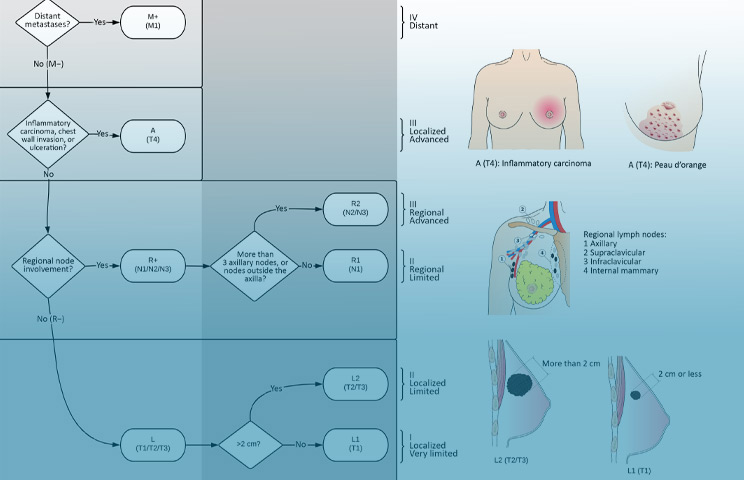Plus d'informations
5 Avril 2024
The Lancet Commission on prostate cancer: planning for the surge in cases
Researchers from the International Agency for Research on Cancer (IARC) together with partners in a new Lancet Commission predict that the global burden of prostate cancer is set to more than double to almost three million new cases by 2040, compared with the estimated number of cases today.
The extent to which the projected rise in new cases can be reduced by lifestyle changes or public health interventions is severely limited. Hence there is an urgent need to set up systems for earlier diagnosis, particularly in low- and middle-income countries (LMICs), where changing age structures and increasing life expectancy will drive large increases in incidence. The number of cases is also projected to increase in high-income countries. Late diagnosis is widespread worldwide but is especially problematic in LMICs.
Data from IARC’s Global Cancer Observatory helped to inform the research, which examined different aspects of prostate cancer: epidemiology and future projected trends in cases, the diagnostic pathway, treatment, and the management of advanced disease. The Commissioners outline priority recommendations for both immediate and long-term interventions to mitigate the projected future global impact of prostate cancer. Addressing the growing burden will require urgent and radical interventions. Trials of screening are urgently needed in LMICs to better inform ways to improve early diagnosis while avoiding overdiagnosis and overtreatment of trivial disease, as well as to identify novel methods of empowering patients (such as cloud-based medical record systems), and the implementation of resource-sensitive guidelines to maximize the effect of available therapies, such as surgery and radiotherapy.
James ND, Tannock I, N’Dow J, Feng F, Gillessen S, Ali SA, et al.
The Lancet Commission on prostate cancer: planning for the surge in cases
The Lancet, Published online 4 April 2024;
https://doi.org/10.1016/S0140-6736(24)00651-2
Other news

Impact of knowledge of HPV positivity on cervical cytology performance in Latin America
Scientists from the International Agency for Research on Cancer (IARC) and partner institutions h...
08.01.2025
Read more

IARC marks Cervical Cancer Awareness Month 2025
The International Agency for Research on Cancer (IARC) is marking Cervical Cancer Awareness Month...
03.01.2025
Read more

Publication of User’s Guide to Essential TNM in PDF format
A new user’s guide from the International Agency for Research on Cancer (IARC), published in co...
19.12.2024
Read more